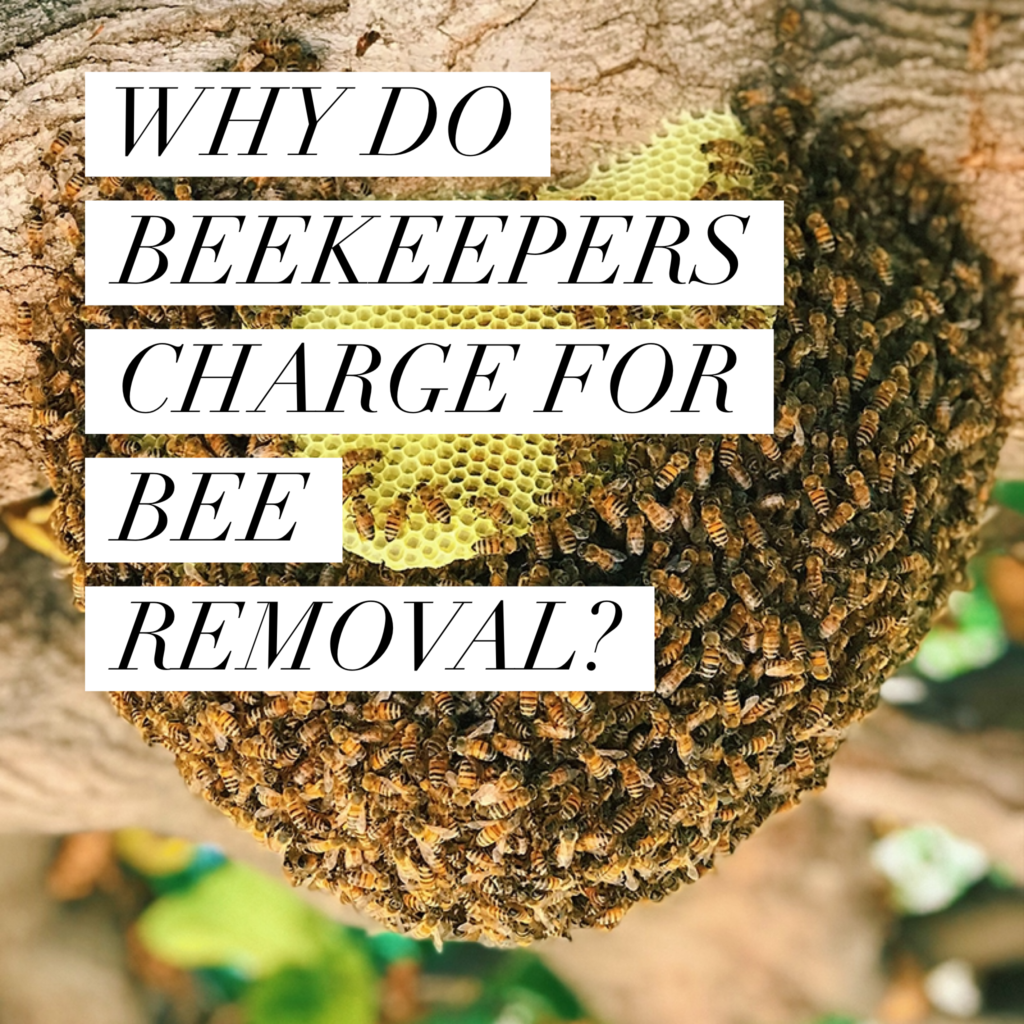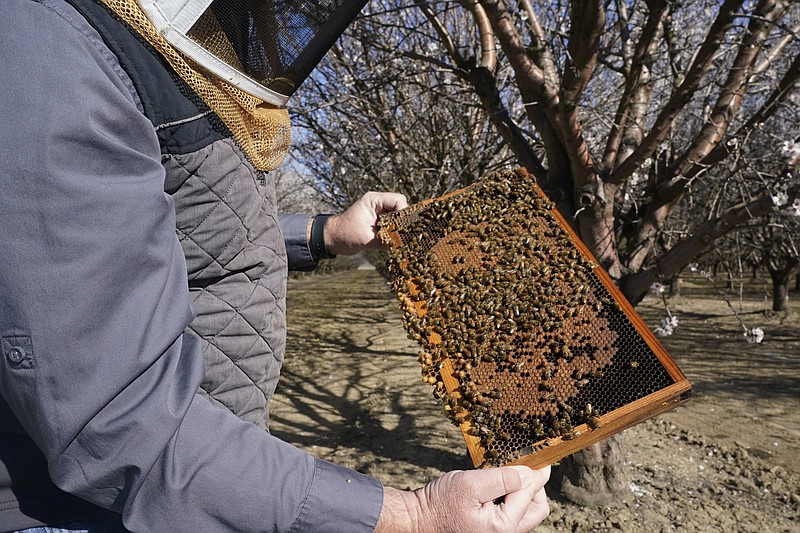
If you’ve ever wondered about the costs involved in beekeeping, one important aspect to consider is the rental of land. Beekeepers often rely on landowners who provide space for their beehives, allowing the bees access to a diverse range of nectar sources. In this article, we explore the fascinating world of beekeeping and uncover the average expenses that beekeepers face when it comes to renting land. From understanding the factors that influence rental prices to the benefits of strategic location, you’ll gain valuable insights into the economics behind this ancient and essential practice.
Factors Affecting Beekeeper Rental Costs
Beekeeping is a fascinating and rewarding hobby or business that requires the right location, land, and additional services. When it comes to renting land for your beekeeping activities, there are several factors that can greatly affect the cost. These factors include the location of the land, the size of the land, the quality of the land, the duration of the rent, and any additional services provided by the landowner. Let’s dive deeper into each of these factors to better understand how they impact beekeeper rental costs.
Location
The location of the land plays a significant role in determining the rental costs for beekeepers. Different regions and areas may have varying demand and supply for beekeeping rentals, which can impact the price. Additionally, the proximity of the land to established beekeeping areas can also affect the cost. If you’re renting a piece of land in an area with a high concentration of beekeepers, the demand may be high, driving up the rental price. On the other hand, if you’re in an area where beekeeping is less common, the rental costs may be more affordable.
Urban and rural areas also differ in terms of rental costs. In urban areas, the limited availability of land and the higher cost of living can lead to higher rental prices. Rural areas, on the other hand, often have more land available at more affordable rates. However, the proximity to urban areas can increase the demand for beekeeping rentals, which, in turn, can affect the rental costs.
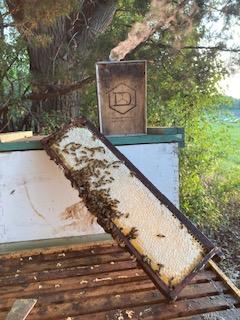
Land Size
Another important factor to consider is the size of the land. The acreage of the property you’re renting will impact the rental costs for beekeeping. Generally, larger land sizes tend to come with higher rental prices. This is because more land means more space for hives and potential expansion, which can be advantageous for beekeepers. If you’re planning to have a large-scale operation or if you need room for potential growth, you may need to invest in a larger piece of land, which will likely increase the rental costs.
Aside from the acreage, hive capacity is another significant aspect of land size to consider. Some landowners may charge based on the number of hives you plan to place on their property. For beekeepers aiming to have a significant number of hives, the rental costs can increase accordingly. Make sure to discuss with the landowner how the hive capacity affects the rental price to avoid any surprises.
Land Quality
The quality of the land you’re renting can also affect the rental costs for beekeepers. Honeybees rely on the land’s floral diversity for adequate foraging opportunities, so renting land with a high pollination value and a wide variety of flowers can be beneficial for your bees. Such land is often in demand and may come at a higher price.
Additionally, the absence of pesticides is crucial for maintaining the health and well-being of the bees. Land that is certified organic or follows organic practices is more desirable for beekeepers. However, renting such land may come with a higher cost due to the extra care and management required to ensure the bees are not exposed to harmful chemicals.
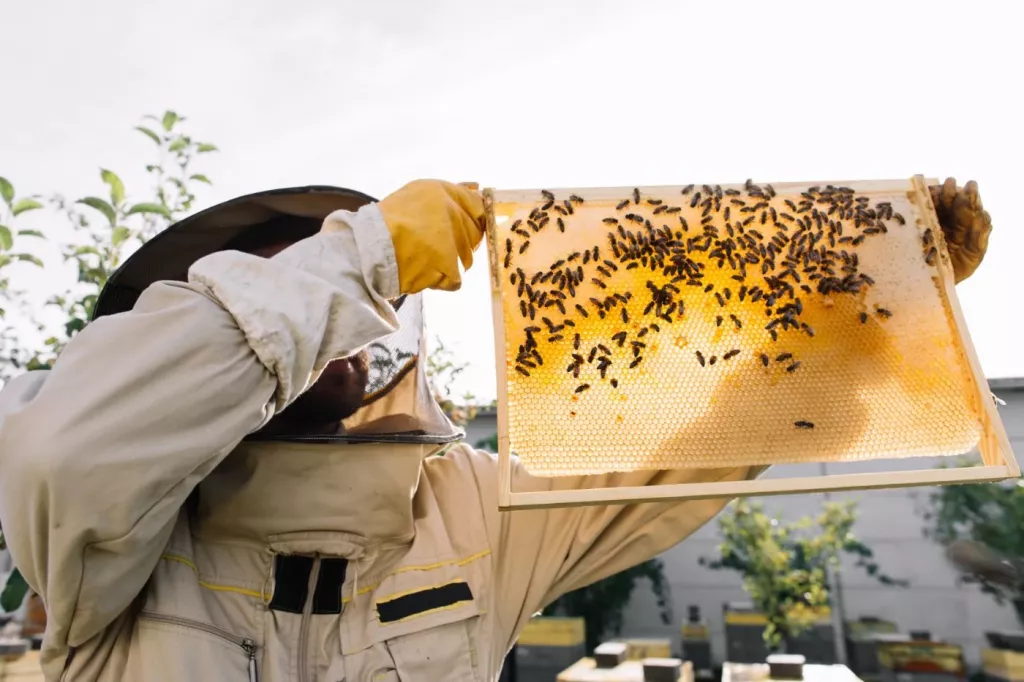
Duration of Rent
The duration of the rental period can significantly impact the costs for beekeepers. Rentals can be seasonal, annual, or long-term leases, each with its own price considerations.
Seasonal rentals are typically shorter-term and can be more cost-effective for beekeepers who only need the land during the active beekeeping season. These rentals often have lower rates, making them more accessible for hobbyist beekeepers or those who have a limited budget.
Annual rentals, on the other hand, provide a year-round space for beekeeping activities. These rentals can be more expensive but offer the convenience of having a consistent location for your bees throughout the year. If you’re serious about beekeeping and plan to have a long-term operation, an annual rental may be a suitable option.
Long-term leases involve renting the land for an extended period, typically several years or more. These leases provide stability and can be advantageous for larger-scale commercial beekeeping operations. However, due to the longer commitment, the rental costs for long-term leases may be higher compared to seasonal or annual rentals.
Additional Services
Some landowners may offer additional services that can impact the rental costs for beekeepers. These services can include site preparation, water availability, and bee hive management assistance.
Site preparation refers to preparing the land for beekeeping activities, ensuring it meets the necessary requirements. This can involve clearing vegetation, providing suitable bee-friendly plants, and establishing infrastructure such as fencing or bee shelters. The cost of site preparation can vary depending on the complexity of the tasks involved.
Water availability is vital for beekeeping, as bees require a reliable water source for their hydration needs. If the rented land has a natural water source or if the landowner provides water access, it can be advantageous for beekeepers. However, the presence of water infrastructure or the provision of water services can add to the rental costs.
Bee hive management assistance is another valuable service that some landowners may offer. This can include tasks such as hive inspections, disease management, or even honey extraction. Having access to experienced beekeepers who can assist in maintaining the health and productivity of your hives can be beneficial, but it can also affect the rental prices.
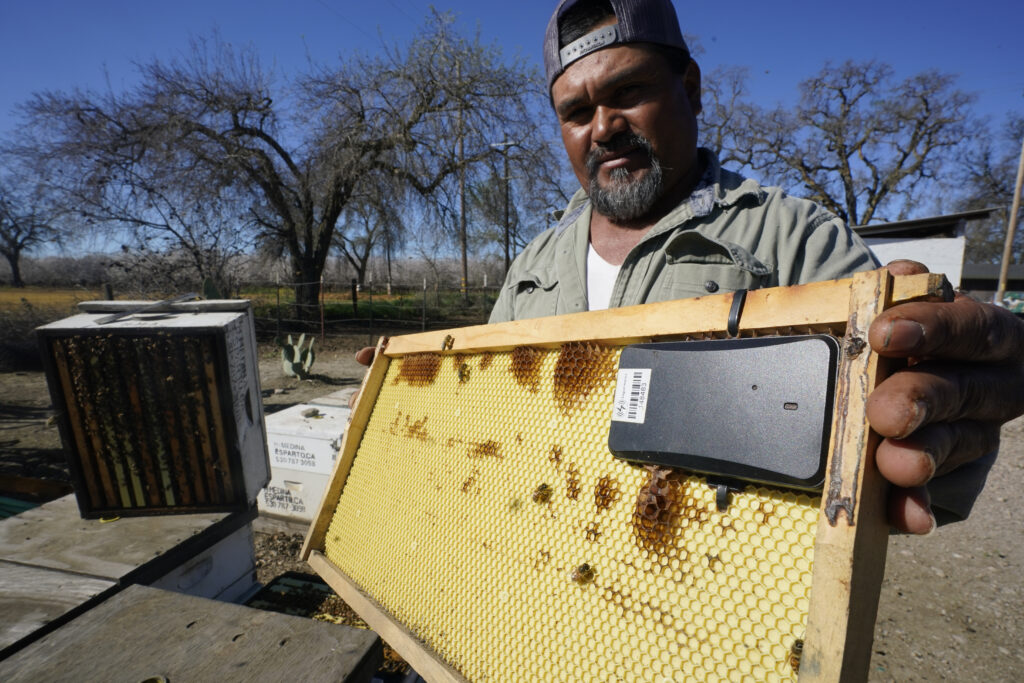
Cost Determination
The determination of beekeeper rental costs is influenced by several key factors, including the specifics of the rental agreement, market demand, and negotiation factors.
The specific agreement reached between the beekeeper and the landowner plays a crucial role in determining rental costs. This includes factors such as the method used to calculate the rent, the inclusion of any land improvements, and the equipment and facilities provided. Each aspect of the agreement can affect the overall rental price. For example, if the rent is calculated based on a percentage of honey production, the rental costs may be higher during years of high honey yield.
Market demand also plays a significant role in determining rental prices. Beekeepers should consider the supply and demand dynamics in the local area when negotiating rental costs. In areas with high demand and limited availability of rental land, prices may be higher. Additionally, competition among beekeepers for rental properties can also impact the rental costs.
Economic conditions can also influence the rental costs for beekeepers. During times of economic growth and prosperity, rental prices may increase. Conversely, during economic downturns or periods of instability, rental costs may be more affordable.
Additional Costs
Apart from the rental fees, beekeepers should also consider additional costs that may arise during the course of their rental period.
Insurance is an essential aspect of protecting your beekeeping operation, and the cost of insurance premiums should be factored into your overall costs. Insuring your hives, equipment, and any liability associated with beekeeping activities can provide peace of mind and financial protection in case of unexpected events.
Transportation costs should also be considered, especially if the rented land is located far from your home or if you need to move your bees to different locations throughout the year. Fuel or vehicle expenses can add up, so it’s important to factor these costs into your budget.
Lastly, maintaining your equipment is essential for the smooth operation of your beekeeping activities. routine maintenance, repairs, and replacements of beekeeping equipment can incur costs, and beekeepers should be prepared for these additional expenses.
In conclusion, as a beekeeper looking to rent land for your bees, it’s essential to consider factors such as the location, land size, land quality, duration of the rent, any additional services provided, as well as the specific agreement, market demand, and negotiation factors that influence the rental costs. By thoroughly understanding these factors, you can make informed decisions that suit your beekeeping goals and budget. Remember, finding the perfect land to accommodate your bees is worth the investment for the love and enjoyment of beekeeping.
